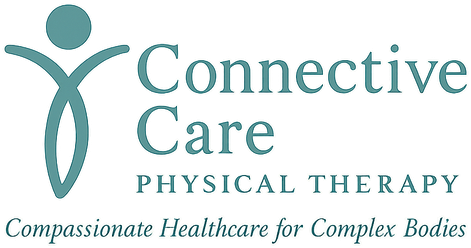Jaw Pain Isn’t Just a Dental Problem – How PT Can Help with TMJ Dysfunction
If your jaw clicks, locks, or aches — and you’ve been told to “just wear a night guard” — you’re not alone.
TMJ dysfunction (also called TMD) affects over 10 million Americans.
And yet, it’s often misunderstood, dismissed, or treated only at the surface level.
Many people don’t realize that physical therapy can play a powerful role in addressing the root causes of TMJ pain — especially when the issue isn’t just in the joint, but also in the muscles, nervous system, and posture.
What is TMJ Dysfunction?
TMJ stands for temporomandibular joint — the hinge connecting your jawbone to your skull.
You use it constantly: to speak, chew, yawn, and even express emotions.
When this joint (or the muscles around it) become irritated or imbalanced, you may notice:
Clicking or popping when opening your mouth
Jaw pain or facial tightness
Headaches or ear pressure
Locking or difficulty chewing
Neck pain or tension
Clenching, grinding, or feeling “off”
What Causes TMJ Dysfunction?
Stress and clenching
Postural habits (like forward head posture or shallow breathing)
Jaw injury or overuse (including after dental work or braces)
Hypermobility or EDS-related instability
Chronic tension or nervous system sensitivity
How Physical Therapy Helps
At Connective Care Physical Therapy, we take a whole-person approach to TMJ dysfunction.
You don’t just get “jaw stretches” — you get personalized, 1:1 care that explores the why, not just the symptoms.
Treatment may include:
Manual therapy for jaw, neck, and upper back muscles
Mobility retraining to improve jaw opening and alignment
Postural re-education to support healthy head and neck mechanics
Nervous system calming strategies for those with chronic tension or pain sensitivity
Habit retraining for clenching, breath holding, or bracing patterns
Don’t Settle for "Just Live With It."
You deserve to chew, speak, and rest without pain.
TMJ dysfunction is treatable — and it doesn’t have to take over your life.
If you're ready for care that listens, investigates, and supports healing at the root, reach out today to learn how Connective Care Physical Therapy can help.
[Give us a call at (631) 448-3764 or email at diana@connectivecarept.com]

